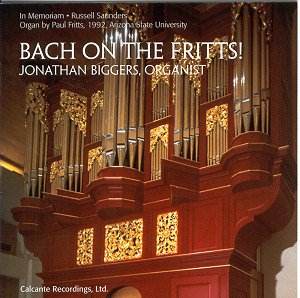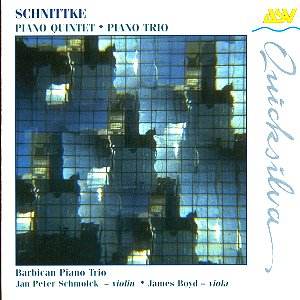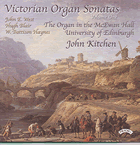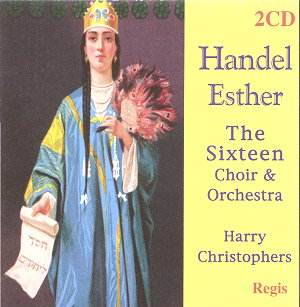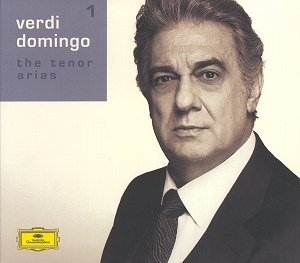 Composer: Giuseppe Verdi
Composer: Giuseppe Verdi
Works: La Traviata (Alfredo), Aida (Radamès), Don Carlos (Don Carlos), Un Ballo in Maschera (Gustavo III), Il Trovatore (Manrico), Rigoletto (Il Duca di Mantova), La Forza del Destino (Don Alvaro), Ernani (Ernani), I Lombardi alla Prima Crociata (Oronte), Jérusalem (Gaston), Luisa Miller (Rudolfo), Giovanna d’Arco (Carlo VII), I Vespri Siciliani (Arrigo), Otello (Otello), Macbeth (Macduff), Nabucco (Ismaele), Stiffelio (Stiffelio), Aroldo (Aroldo), Simon Boccanegra (Gabriele Adorno), La Battaglia di Legnano (Arrigo), Un Giorno di Regno (Edoardo), Attila (Foresto), I Due Foscari (Jacopo), I Masnadieri (Carlo Moor), Il Corsaro (Corrado), Falstaff (Fenton), Oberto, Conte di San Bonifacio (Riccardo), Alzira (Zamoro), Messa da Requiem (Dies irae)
Performers: Plácido Domingo (tenor), Bayerisches Staatsorchester, Orchestra del Teatro alla Scala, Berliner Philharmoniker, Wiener Philharmoniker, New Philharmonia Orchestra, Los Angeles Philharmonic Orchestra, Royal Opera House, Covent Garden, National Philharmonic Orchestra, Orchestre de l’Opéra Bastille, Orchester der Deutschen Oper Berlin, Philharmonia Orchestra
Recording: New Recordings (Chung, Gergiev), DDD: Various locations, 1999-2001
Label: Deutsche Grammophon
Giuseppe Verdi’s repertoire is renowned for its profound emotional depth and dramatic intensity, encapsulated in the often-torrid exploits of its tenor protagonists. This boxed set featuring Plácido Domingo serves as a testament not only to the tenor’s formidable artistry but also to Verdi’s unique ability to articulate the human experience through song. Spanning the illustrious career of one of opera’s greatest tenors, the collection showcases an impressive selection of arias from Verdi’s twenty-eight operas, each imbued with the weight of historical and musical significance.
Domingo’s interpretations reveal a nuanced understanding of Verdi’s vocal demands, characterized by a blend of technical prowess and emotional insight. His portrayal of Alfredo in “La Traviata” is particularly noteworthy; the aria “Di Provenza il mar” is rendered with a lyrical warmth and an exquisite sense of longing that transcends mere vocal display. The careful phrasing and dynamic shading breathe life into the character’s emotional turmoil, a hallmark of Domingo’s interpretative approach. In “Se quel guerrier” from “Aida,” the tenor’s command over the high register is striking, with notes that are both secure and resonant, coupled with an adept use of color that captures the heroic essence of Radamès.
The engineering of these recordings, a collaborative effort from various esteemed orchestras and conductors, proves to be of superior quality, enhancing the listening experience. The clarity of the orchestral textures juxtaposed with Domingo’s voice allows for an immersive journey through Verdi’s operatic landscape. However, it is in the new recordings that one might sense a slight divergence in Domingo’s vocal comfort compared to his earlier renditions. While the youthful vigor of his past performances remains a benchmark, certain arias from lesser-known works, such as “Aroldo,” may lack the same level of charisma and impact that define his interpretations of iconic roles.
A careful examination of the tracklist reveals a deliberate juxtaposition of Domingo’s early triumphs with more recent efforts, offering listeners the opportunity to appreciate the evolution of both the tenor’s voice and Verdi’s compositional style over the decades. While the collection ambitiously aims to present a comprehensive overview of Verdi’s tenor arias, it occasionally falters in terms of narrative cohesion, as the arrangement of tracks does not lend itself to a seamless progression through the composer’s development.
The lavish presentation of this boxed set, complete with a beautifully crafted booklet featuring Domingo’s reflections and insights into his collaborations with Verdi, adds an additional layer of value for aficionados and casual listeners alike. The extensive textual materials provided serve as an excellent resource for understanding the broader context of the operas and their respective characters, enriching the listening experience.
This Deutsche Grammophon edition ultimately stands as both a celebration of Plácido Domingo’s storied career and an homage to Verdi’s unparalleled legacy. For those deeply invested in the operatic canon, this collection is a compelling exploration of the tenor’s artistry that reaffirms Domingo’s status as one of the preeminent voices of our time. While there may be moments of disparity between the older and newer recordings, the overall impact of this compilation remains powerful, offering a multifaceted portrait of the tenor and the composer whose work continues to resonate profoundly in the operatic tradition.
